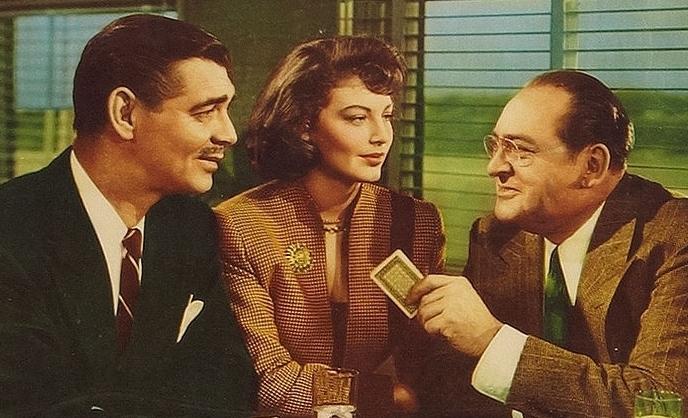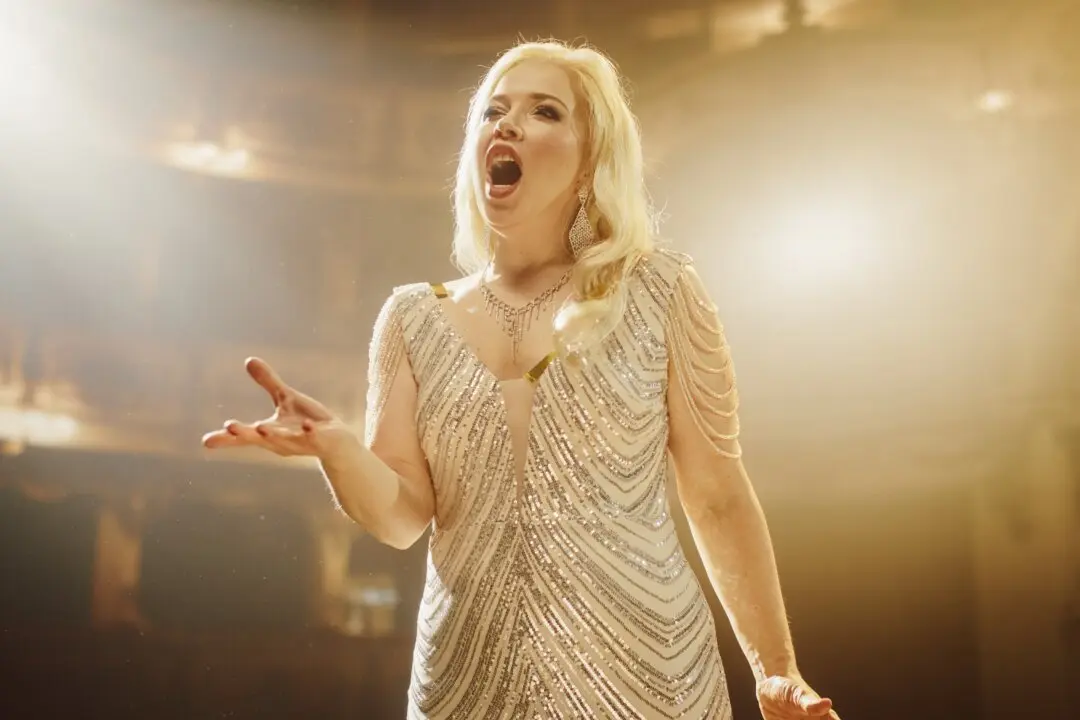Commentary
This article’s headline seems like an oxymoron, doesn’t it? Since when has there been integrity in advertising, let alone honesty? When one sees print ads, commercials, and other promotional materials from the 1940s or 50s, they look refreshingly wholesome, clean, and patriotic compared to today’s foolish and often filthy advertising. Celebrity endorsements from Hollywood’s Golden Era are extremely convincing and shame the 21st century influencer culture. After all, wouldn’t you trust Harriet Nelson’s opinion more than Dylan Mulvaney’s when choosing your toothpaste or blender?





